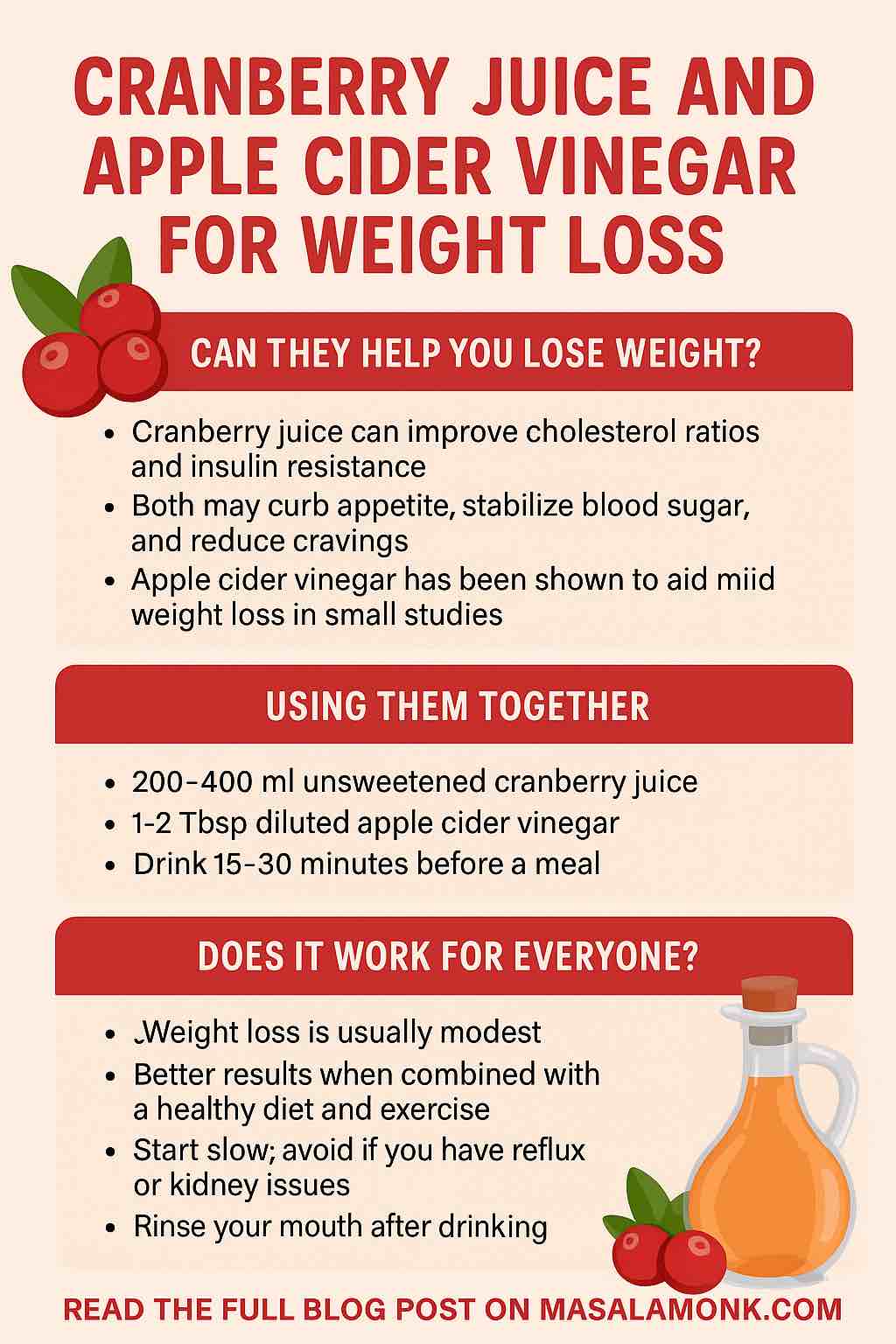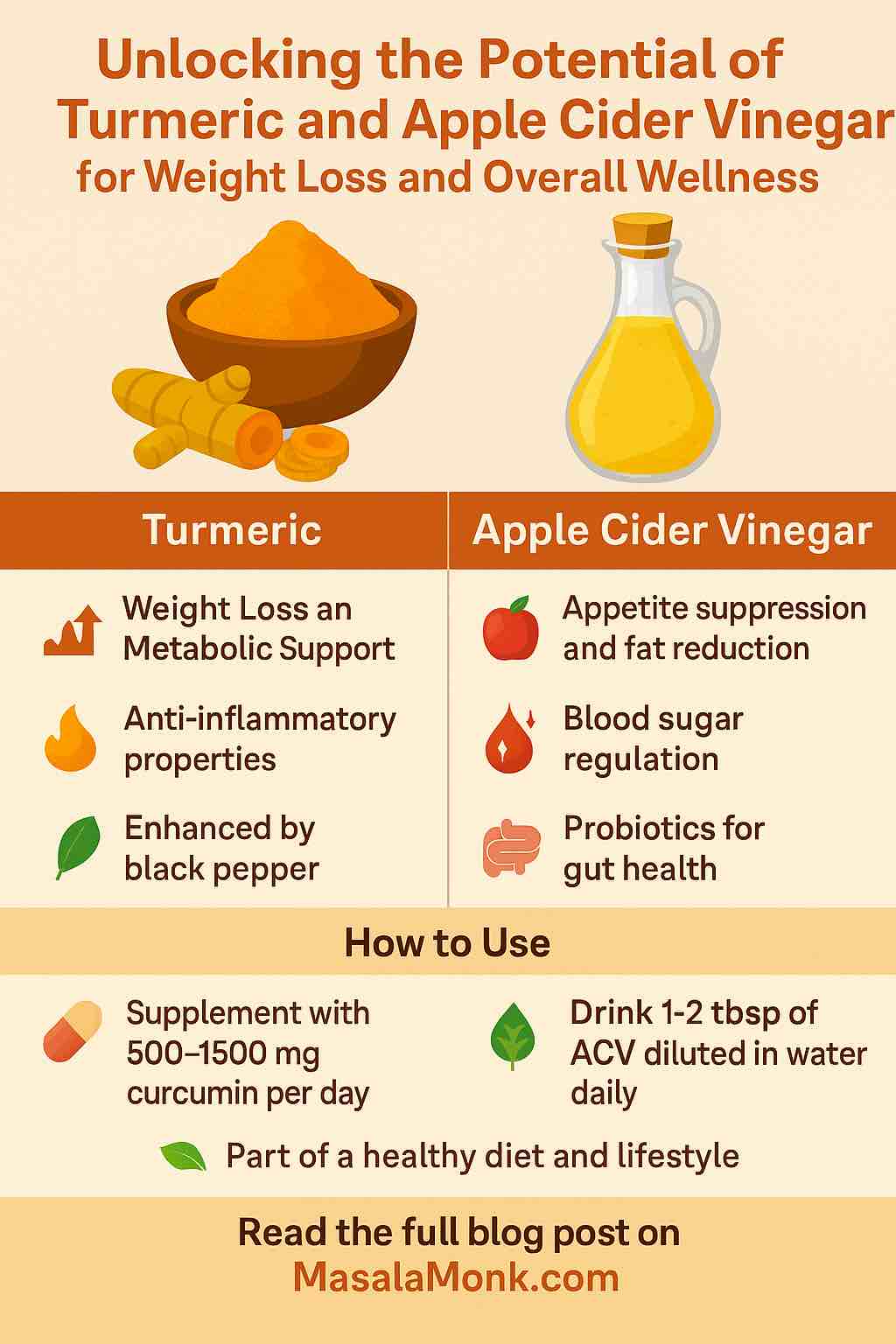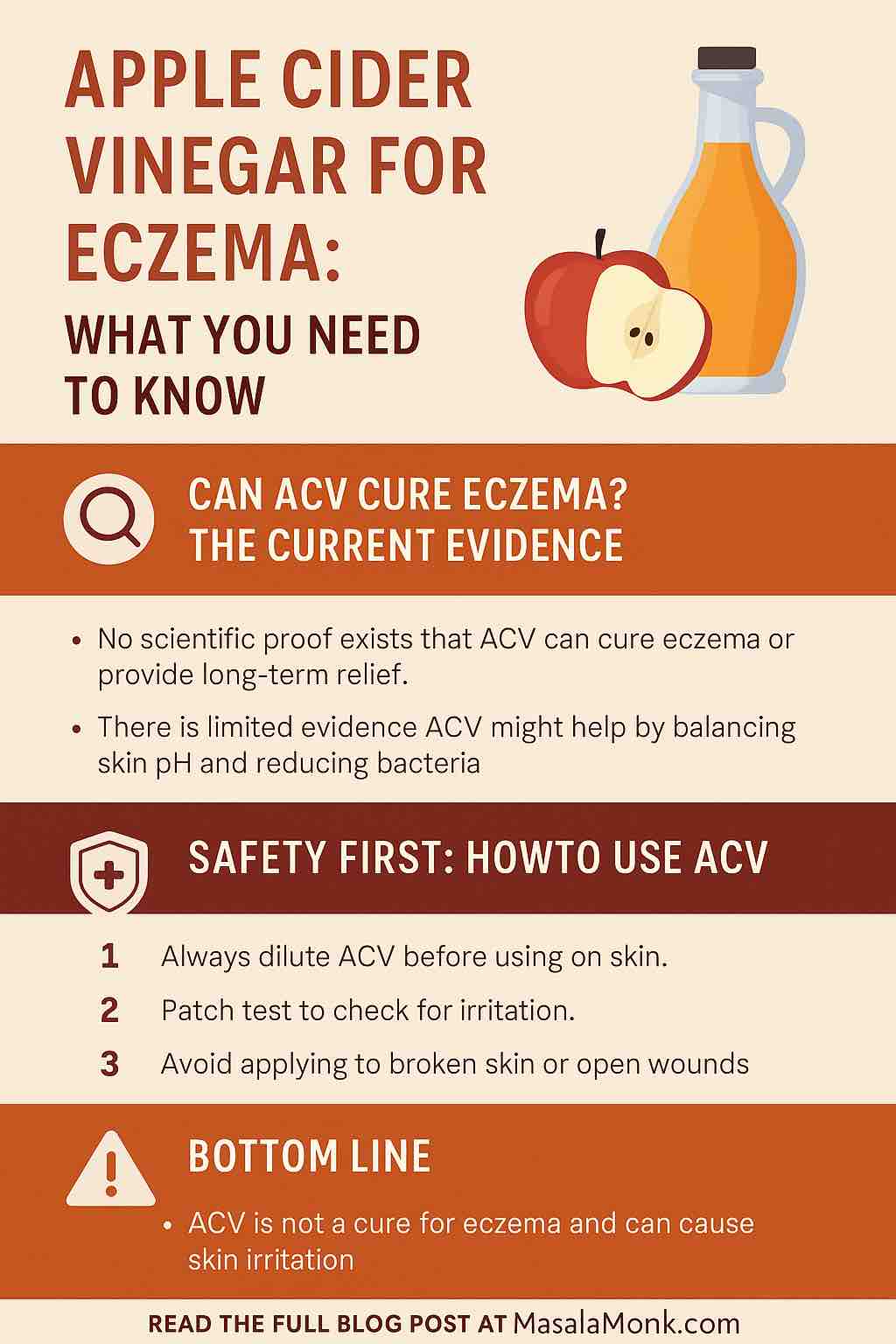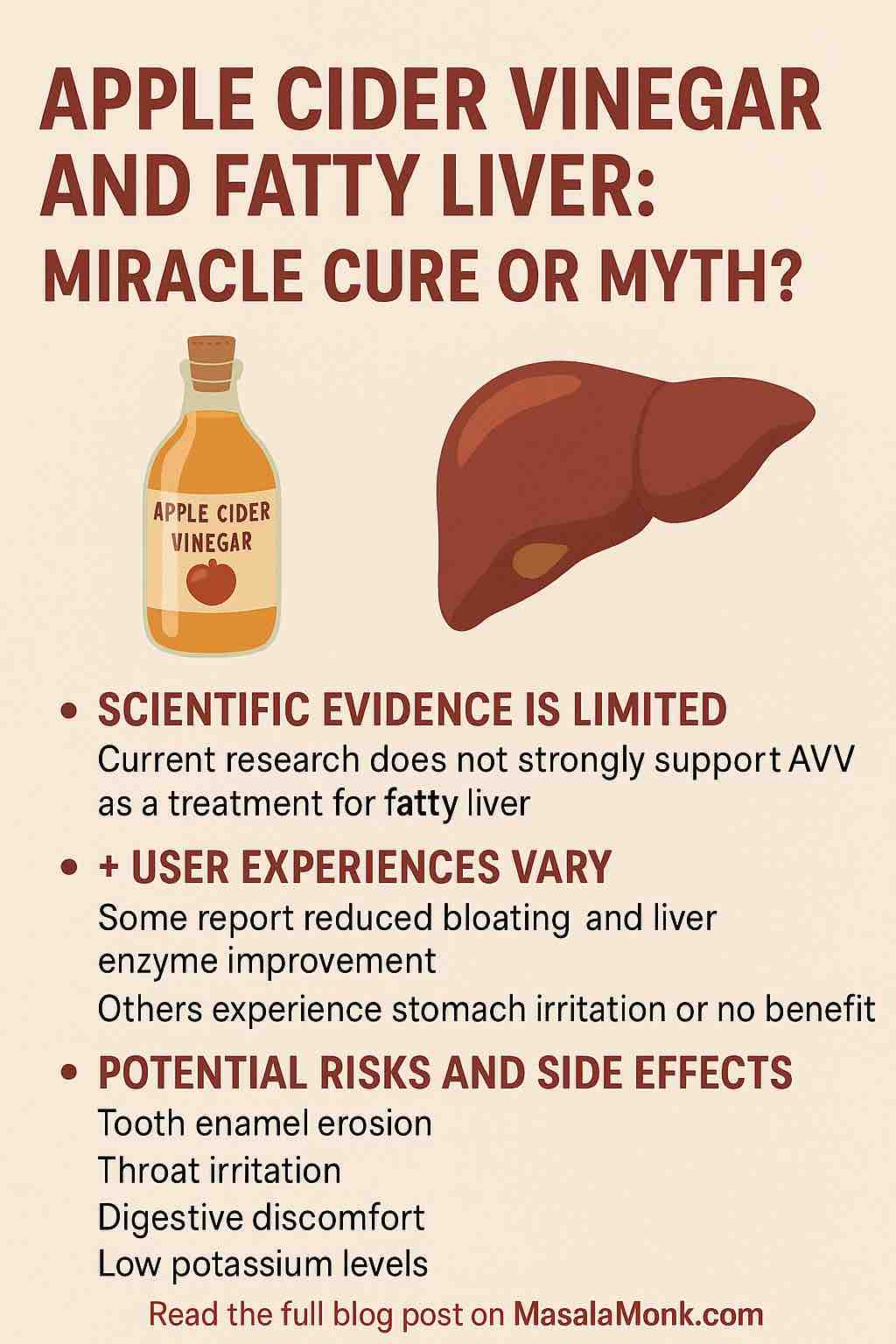
Detox drinks are everywhere. From social media “weight loss hacks” to time-tested folk remedies, millions are drawn to the promise of a cleaner, leaner body. Two of the most popular stars in this arena? Cranberry juice and apple cider vinegar (ACV)—often used together as a “detoxifying” and slimming elixir.
But how much of this is science, and how much is just wishful thinking? If you’re searching for honest, practical, and research-backed advice—plus tips for safe, effective use—this comprehensive guide is for you.
Why Do We Talk About “Detox” at All?
Let’s bust a myth right away: your body doesn’t need special drinks to detox. Your liver, kidneys, skin, and gut are already working 24/7 to clear waste and balance your internal chemistry. However, certain foods and drinks can support these processes, especially by reducing inflammation, boosting antioxidant status, or helping you avoid excess calories and sugar.
Cranberry juice and ACV are both believed to “help the body detox,” but their true benefits go deeper—and may actually help with weight management and metabolic health when used wisely.
Spotlight on Cranberry Juice
Nutritional Goldmine
- Packed with antioxidants: Especially proanthocyanidins (PACs), which are unique to cranberries and have demonstrated health benefits in several studies.
- Rich in vitamin C, fiber, and micronutrients that can help combat oxidative stress and support immune health.
- Low in sugar (if unsweetened): Choose 100% pure cranberry juice; avoid cocktail blends loaded with added sugars.
Research-Backed Benefits
1. Metabolic and Heart Health
- A 2024 meta-analysis MDPI, 2024 covering 16 clinical trials found cranberry products can improve cholesterol ratios and insulin resistance—key factors in metabolic syndrome and weight gain.
- Several studies report increases in adiponectin, a hormone that encourages the body to use fat for fuel.
2. Gut Health and Digestion
- Cranberry polyphenols help diversify beneficial gut bacteria and may reduce inflammation in the digestive tract, indirectly supporting metabolism and weight control.
3. Potential Liver Protection
- Some trials show reduced oxidative stress and better liver enzyme profiles in people with metabolic issues who consumed cranberry juice regularly.
How to Use Cranberry Juice
- Dose: 200–400 mL (about 6–12 oz) per day of unsweetened, 100% juice.
- Timing: Best consumed before meals or as a mid-morning “tonic.”
- Tip: To reduce tartness, dilute with water or add a splash of lemon.
Apple Cider Vinegar: More Than a Fad?
What’s in ACV?
- Acetic acid (main active ingredient): Thought to slow gastric emptying, suppress appetite, and help regulate blood sugar.
- Trace minerals and polyphenols: May offer mild antioxidant benefits.
- Probiotics: Present in raw, unfiltered (“with the mother”) varieties.
Research-Backed Benefits
1. Blood Sugar & Insulin Control
- Consistent evidence shows that 1–2 tablespoons (15–30 mL) ACV before meals can lower post-meal blood sugar spikes and improve insulin sensitivity—particularly valuable for prediabetics and those with insulin resistance.
2. Weight Management
- Clinical studies find modest weight loss—2–4 lbs (1–2 kg) over 8–12 weeks—when ACV is used with calorie control. A notable 2024 trial in Lebanese adolescents saw up to 8 kg (≈18 lbs) lost in 12 weeks, but experts warn this needs to be replicated in diverse groups.
3. Cholesterol & Heart Health
- Minor reductions in triglycerides and LDL (“bad”) cholesterol have been observed, although effects are small.
Safety, Risks, and Common Mistakes
- NEVER drink ACV undiluted—always mix with water or juice to protect teeth and throat.
- Excess ACV can lead to digestive distress, lower potassium, or interact with some medications (especially diabetes drugs and diuretics).
- Rinse your mouth with water after drinking and wait before brushing teeth.
The Real-World Synergy: Cranberry Juice + ACV
What Happens When You Mix Them?
While both ingredients have promising benefits alone, no major clinical trial has tested the combination for weight loss or detoxification. However, experts and enthusiasts suggest you may experience:
- Greater fullness and appetite control before meals.
- Improved blood sugar balance and reduced cravings.
- A burst of antioxidants and gut support, thanks to the polyphenols in cranberries and the acetic acid in ACV.
What the Science Suggests
- Both ingredients may complement each other: ACV slows digestion and sugar absorption, while cranberry juice provides antioxidants and a hydrating, low-calorie base.
- Neither is a substitute for a balanced diet or exercise. Real, lasting weight loss requires sustainable changes in eating, movement, and sleep.
How To Try It: Practical Protocol & Recipes
Classic Detox Drink Recipe
Ingredients:
- 200 mL (about 7 oz) unsweetened cranberry juice
- 1–2 teaspoons (5–10 mL) raw apple cider vinegar (“with the mother”)
- 200 mL cold water
- Optional: squeeze of lemon, pinch of stevia/monk fruit, mint leaves
Instructions:
- Mix all ingredients thoroughly.
- Drink before a main meal (once or twice daily).
- Rinse your mouth with plain water after drinking.
Variations:
- Add a pinch of ginger for extra digestive support.
- Mix with sparkling water for a refreshing, low-calorie “mocktail.”
How to Incorporate Safely (and Get Results)
- Start Small: Try with half the suggested dose for a week to see how your body responds.
- Monitor Your Body: Watch for stomach upset, reflux, or any changes in bowel habits.
- Stay Consistent: Effects are modest and best seen after 2–3 months of regular use.
- Make It a Habit: Tie your drink to an existing routine—such as before lunch or your afternoon slump.
Does It Work for Everyone? Realistic Expectations
- Weight loss is usually modest. Most studies show a 1–2 kg (2–4 lb) reduction over 8–12 weeks—sometimes more, but only with strict calorie control and lifestyle changes.
- Appetite and cravings: Many users report feeling less hungry and making better food choices.
- Energy & digestion: Some experience better digestion, less bloating, and improved energy.
Remember: Your results will depend on your baseline habits, genetics, and consistency.
Frequently Asked Questions
1. Can I use cranberry juice and apple cider vinegar together every day?
Yes, most healthy adults can use this combination daily, as long as you stick to safe amounts: 200–400 mL unsweetened cranberry juice and 1–2 tablespoons (15–30 mL) diluted ACV per day. Always start with lower amounts to assess tolerance.
2. What is the best time to drink cranberry juice and ACV for weight loss?
The best time is 15–30 minutes before a main meal (especially breakfast or lunch). This may help reduce appetite, stabilize blood sugar, and prevent overeating.
3. Does this drink cause any side effects?
Possible side effects include stomach upset, acid reflux, or enamel erosion (if undiluted). Rinse your mouth after drinking and avoid if you have kidney problems, ulcers, or are taking medications that interact with vinegar.
4. Should I use fresh cranberries or only juice?
Fresh cranberries, unsweetened juice, and standardized cranberry capsules all offer benefits. For convenience, most use 100% unsweetened juice; avoid cocktails or blends with added sugar.
5. Can I use apple cider vinegar tablets or capsules instead of liquid?
Yes, but quality varies. Choose reputable brands that standardize acetic acid content. Liquid ACV (with “the mother”) is preferred for full benefits, but capsules are an option if the taste is an issue.
6. Will this drink help me “detox” my body?
No drink can “detox” you overnight. Cranberry juice and ACV can support your body’s natural detoxification pathways through antioxidants and improved metabolism, but they’re not substitutes for your liver and kidneys.
7. How quickly will I see weight loss results?
Expect modest results: 1–2 kg (2–4 lb) over 8–12 weeks, mostly if combined with calorie control and regular exercise. Some may feel appetite or craving changes within days.
8. Are there people who should avoid this drink?
Yes: avoid if you have chronic kidney disease, severe acid reflux, ulcers, or are pregnant/nursing. Those with diabetes or on certain meds should consult their doctor first.
9. Can I add other ingredients to this drink?
Yes! Lemon juice, ginger, cinnamon, or mint can enhance flavor and may add extra antioxidant or digestive benefits.
10. Can I keep a batch in the fridge or should I make it fresh?
For best taste and potency, make your drink fresh daily. However, you can prep a larger batch for up to 24 hours—just stir before serving, as vinegar and juice may settle.
Expert Tips to Maximize Results
- Pair with a balanced plate: Focus on lean proteins, lots of non-starchy veggies, healthy fats, and whole grains.
- Move your body daily: Even short walks help your metabolism and support healthy weight loss.
- Sleep and stress matter: Both influence appetite hormones and fat storage.
- Track progress: Use a journal or app to note how you feel, changes in cravings, weight, and energy levels.
The Bottom Line
Cranberry juice and apple cider vinegar, especially when combined, can be a tasty and supportive tool for better appetite control, blood sugar management, and mild weight loss. But don’t fall for miracle claims: the true “detox” is daily healthy living.
Start slow, stay consistent, and focus on habits you can maintain for life.
References & Further Reading
- Cranberry Juice and Cardiometabolic Health – MDPI, 2024
- ACV and Weight Loss – Mayo Clinic, March 2025
- ACV Clinical Trials – VerywellHealth, July 2025
- Best Cranberry Juice + ACV Mix – Dartmouth 2025
- Washington Post: Is ACV Good for Your Health? (2024)
Join the Conversation!
Have you tried cranberry juice and apple cider vinegar? What was your experience? Drop a comment below—or share your questions for our next science-backed Q&A!













